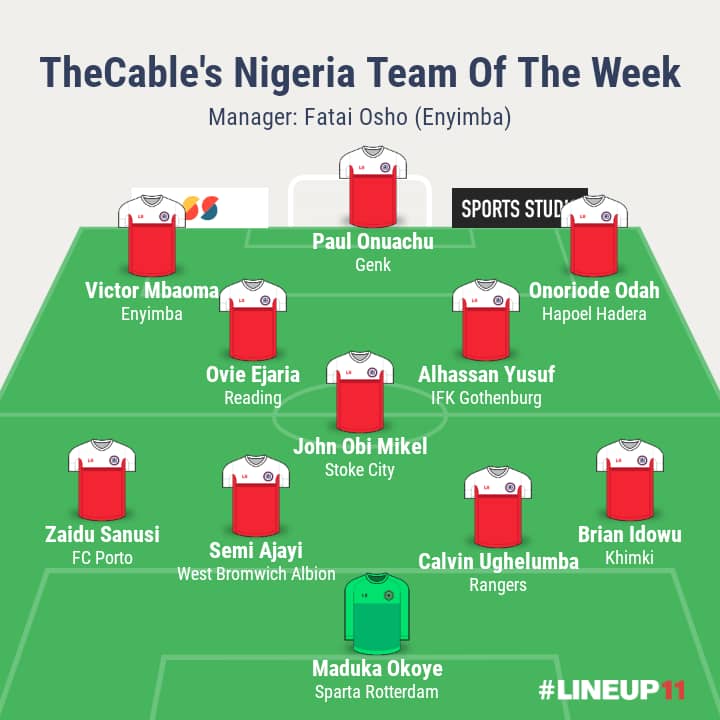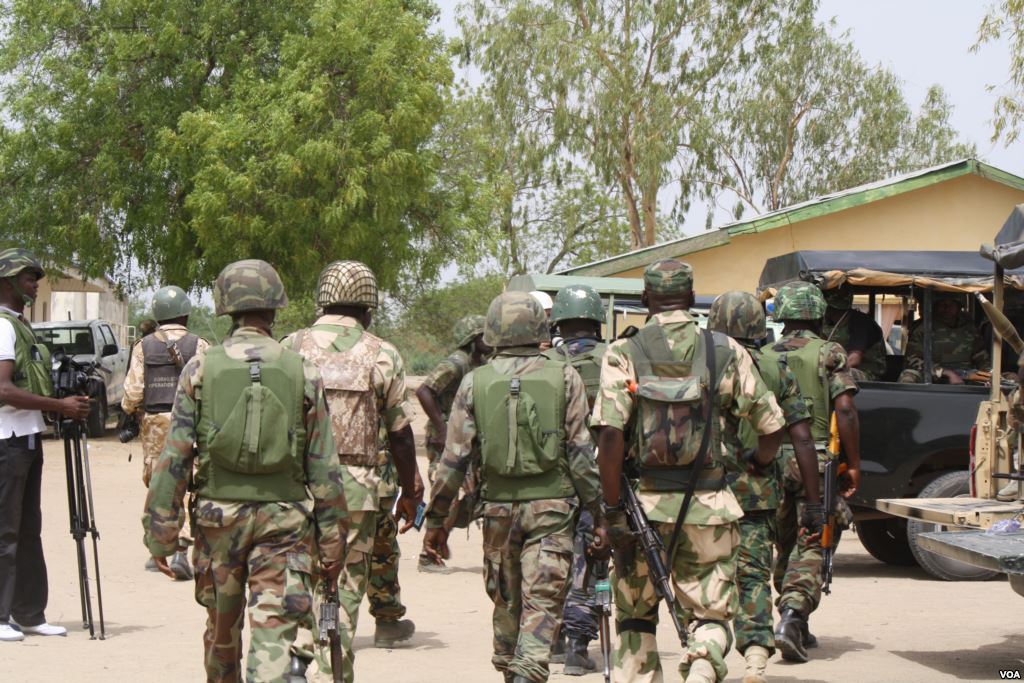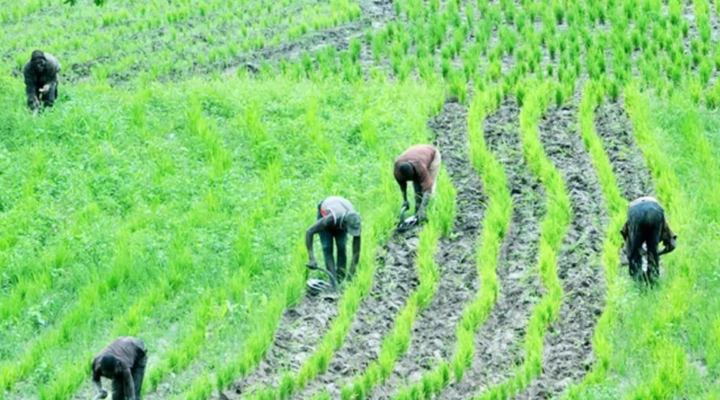The killing of at least 45 farmers in Zamarmari area of Jere local government area of Borno state is one of the most recent violent attacks by members of the Boko Haram sect in recent times.
The United Nations says the attack at Kwashabe village, about 20 kilometers north of Maiduguri, Borno capital, led to over 100 deaths.
Edward Kallon, UN resident and humanitarian coordinator in Nigeria, in a statement on Sunday, described the incident as “the most violent attack” targeted at civilians in 2020.
But speaking in an interview with BBC on Monday, Garba Shehu, presidential spokesman, blamed the slain farmers whom he said failed to do due diligence by first obtaining clearance before visiting their farms.
Advertisement
“People need to understand what it is like in the Lake Chad area. Much of those areas have been liberated by Boko Haram terrorists but there are a number of spaces that have not been cleared for the return of villagers who have been displaced,” he said.
“Ideally, all of these places ought to probably be allowed to pass the test of military clearance before settlers or even farmers resume activities on those fields.”
Asked by the BBC if he is blaming the farmers on the attack, he responded: “Not exactly, but the truth has to be said. Is there any clearance by the military which is in total control of those areas? Did anybody ask to resume activities? I have been told by the military leaders that they have not been so advised.”
Advertisement
He said visiting certain places in the north-east, which has come under the weight of Boko Haram insurgency for more than 10 years, is “a window that the terrorists have exploited”.
“The military is not present on every inch of space in that area,” he said, adding: “Even if the people are ready to go back, some of these areas have been mined and mine clearance has to be carried out first.”
Following his comments, Nigerians, especially those on Twitter, condemned the presidential spokesman for the blaming civilians over the country’s insecurity.
BUT THEY SAID BOKO HARAM DID NOT CONTROL ANY TERRITORY?
Advertisement
Shehu’s remarks on obtaining access before proceeding to the farms have raised questions on territorial control by Boko Haram members.
Speaking at the world economic forum on the Middle East and North Africa in April 2019, President Muhammadu Buhari said no territory in the country is held by Boko Haram.
“Today, I am pleased to say no territory in the Federal Republic of Nigeria is held or controlled by Boko Haram,” he said.
“We are extremely grateful to the many countries that have stood with Nigeria to confront this global scourge and in particular, the Kingdom of Jordan under the leadership of His Majesty, the King.”
Advertisement
In December 2019, the defence headquarters (DHQ) corroborated the president’s claim.
Onyema Nwachukwu, acting director, defence information, denied the presence of Boko Haram and Islamic State for West African Province (ISWAP) terrorists in any part of Nigeria.
Advertisement
“Boko Haram is not holding any inch of our territory. They have been pushed down to the island between Nigeria and neighbouring Chad and Cameroon and that is where they come from to attack soft targets. The insurgents have been decimated and decapacitated,” he said.
The All Progressives Congress (APC), in February 2020, also boasted that the incumbent government has “cleared” away bandits and kidnappers as no inch of the country’s territory is under the control of Boko Haram.
Advertisement
Lanre Issa-Onilu, APC spokesman at the time, blamed “shortsighted groups and individuals” for “insensitive and selfish partisan narrative” on activities of Boko Haram, bandits and kidnappers.
“In 2015, followed by a reelection in 2019, Nigerians voted President Muhammadu Buhari to among others win the war against terrorism and generally secure the country,” he said.
Advertisement
“Currently, no inch of Nigeria’s territory is under the control of Boko Haram; bandits, kidnappers and other criminal camps are being cleared with the criminals suffering heavy casualties on a daily basis.”
If indeed it was true that Boko Haram did not control any territory, it is definitely no longer the case today.
Add a comment






